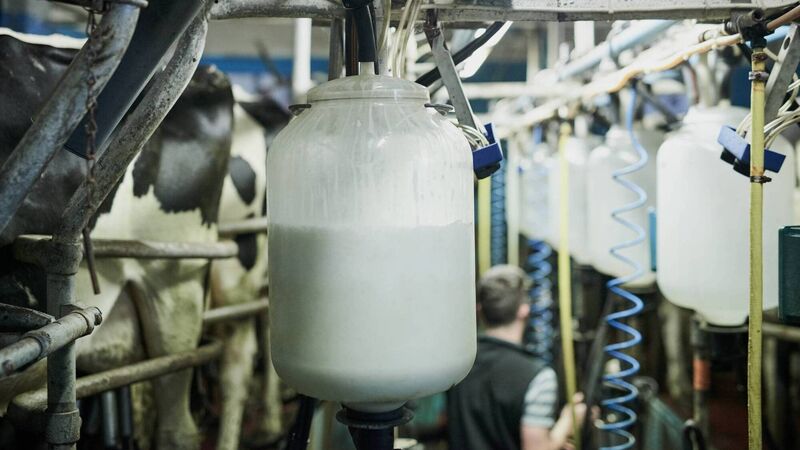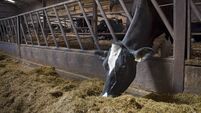ICMSA call out 'utterly destructive' milk price drops as Lakeland cut theirs by 4cpl

This drop comes after Tirlán and Dairygold dropped last month's milk price for their suppliers by 4cpl and 3.75cpl, respectively. File photo
The agreed October milk price from Lakeland Dairies is 40.25cpl for suppliers, a drop of 4cpl.
Lakeland Dairies began dropping milk prices to suppliers in July by 0.95cpl, followed by a drop of 1cpl in August and has now been compounded by the drops in September (2.85cpl) and the 4cpl drop in the October milk supplies.













